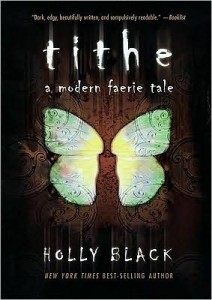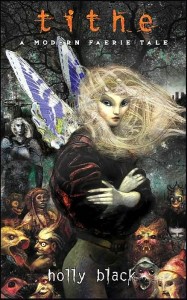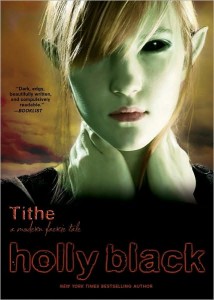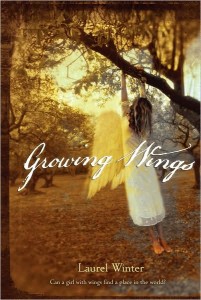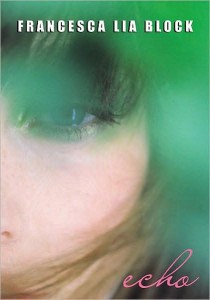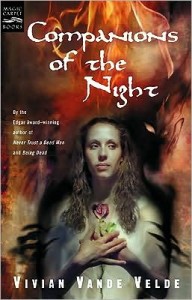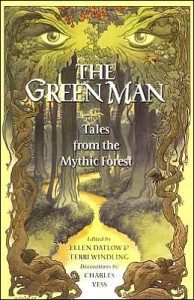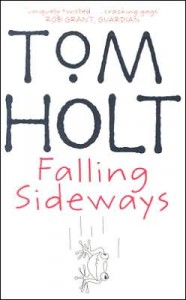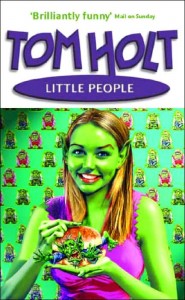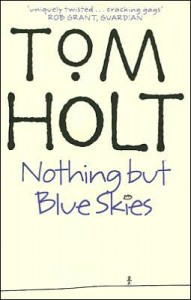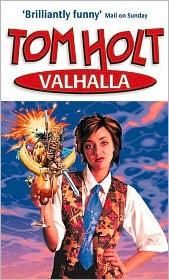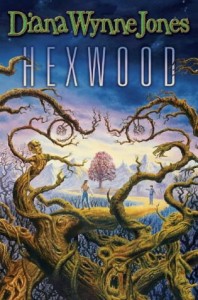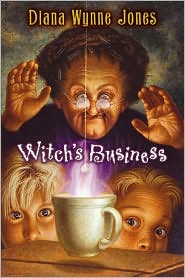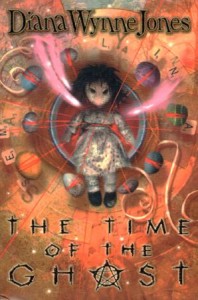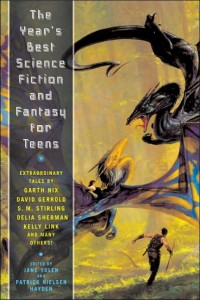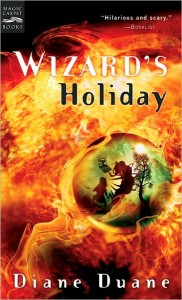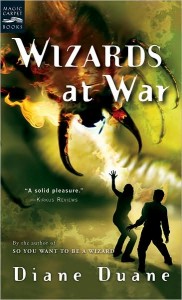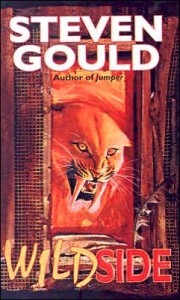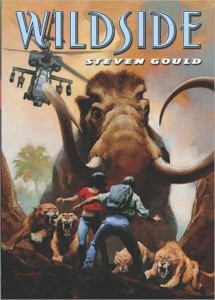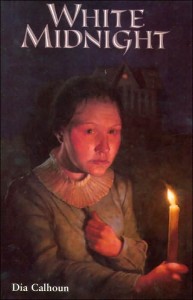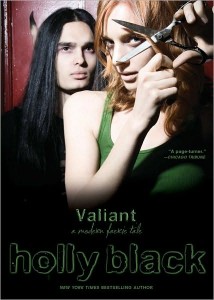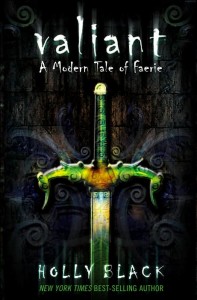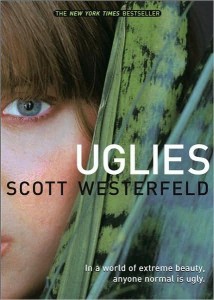 I never realized just how much ignorance was bliss, until I started listening to the Chris Chandler CD Collaborations, knowing absolutely nothing about it or the artist, save for the category, “singer-songwriter.” Now, that category can encompass a lot of ground, and I couldn’t even begin to form an assumption about this album. Because of this, my life has just become a little brighter. Imagine that, out of the blue, someone hands you a package, wrapped in nice, shiny silver paper, with a big red bow. It’s not your birthday, anniversary, or graduation.
I never realized just how much ignorance was bliss, until I started listening to the Chris Chandler CD Collaborations, knowing absolutely nothing about it or the artist, save for the category, “singer-songwriter.” Now, that category can encompass a lot of ground, and I couldn’t even begin to form an assumption about this album. Because of this, my life has just become a little brighter. Imagine that, out of the blue, someone hands you a package, wrapped in nice, shiny silver paper, with a big red bow. It’s not your birthday, anniversary, or graduation.
It’s a random day, a random person, and a random package. Driven by curiosity, you open it and find a signed book by your favorite author, one you’ve never read. Or maybe a love letter from the love of your life. Something completely unexpected, but a small treasure to brighten your day, or even your week.
That’s what I felt like when I listened to Collaborations. What we have here is a compelling, brilliant, insane, goofy, imaginative, thoughtful, irreverent collection of songs starring musician/poet/artist Chris Chandler, his mentor Phil Rockstroh, and no less than thirteen other musicians/groups. The album title really says it all. It’s the musical version of an anthology, all revolving around Chandler’s keen sense of the absurd and Rockstroh’s comedic writings.
How can I better explain this? Chandler and Rockstroh, on their own, are like the love children of some insane cloning experiment between Bob Dylan, the Beat poets (all of them!), Tom Smith (noted for his filk [misspelling intentional] albums), and the best of Dr. Demento. Intrigued? It gets better. Listening to Chandler’s segues and monologues is remarkably similiar to letting Robin Williams or Jerry Lewis loose on stage and giving them free rein to wreak havoc on popular culture. Numerous times while listening to this album, I was forced to put it on pause until I stopped laughing.
To try and describe the songs individually would defeat the purpose. Words alone cannot capture the pure feeling that this album conveys. Some of the songs resemble stand-up comedy with musical background. Others are toe-tapping, foot- stomping, head-shaking good times. Careful that you don’t lose your concentration while listening to this… I stopped listening during one song, only to be jerked back to attention with the words “if you ever feel like slummin’, come on down here to the trailer court we call Earth.” A copy of Chandler’s lyrics would go over like pure gold… if one listened that hard and wrote that fast.
I’ll admit to ignorance. I’ve never heard of Catie Curtis, the Austin Lounge Lizards, Chuck Brodsky, Dan Bern, Jim’s Big Ego, Mike West and Myshkin, Trout Fishing in America, Ellis Paul, Martin Sexton, Tom Prasada-Rao, Dar Williams, or the Convenience Store Troubadours. As for Peter Yarrow, the light dawned only after my mother informed me he was the Peter, in Peter Paul and Mary. That’s twelve names, not including Chandler himself, with whom I’ve just become familiar. And not a single one disappoints on this album. Out of thirteen tracks, one might expect a few disappointments, but honestly? I enjoyed all of them. And I can’t say that about many albums in general. I think I’ve been missing something all these years, and someone finally pulled me aside to clue me in.
This isn’t just folk music. It’s social commentary, existentialist blues, comforting humor that pokes fun at the jokes we’ve always suspected, redefines the boundaries of thought, and provides the perfect soundtrack to life. Where else will you overhear lines like “God loves us so much he has a hard-on” or “What do you mean you traced my heritage even further back to a puddle of primordial uck? Y’know, I’ll bet you came from the wrong side of the primordial ooze! I’ll bet you came from the wrong side of the cell division! We should call the evolution police right now and report ourselves!”
This album isn’t for the humor-impaired, the overly-uptight, or the easily- offended. Like the Beat poets in the ’50s, Chandler doesn’t spare many targets, and his collaborators should be locked up as accessories to the crime, providing their musical accompaniment and vocal talents to his spoken word mayhem. That said, I can’t recommend this album highly enough. You don’t have to know anything about the artists, the genre, or the style to appreciate this album. In fact, those who come in blissfully ignorant may just find themselves as pleasantly surprised as I was. All you need to appreciate this one is to be alive. So go ahead, and get this one. It’s definitely worth it.

